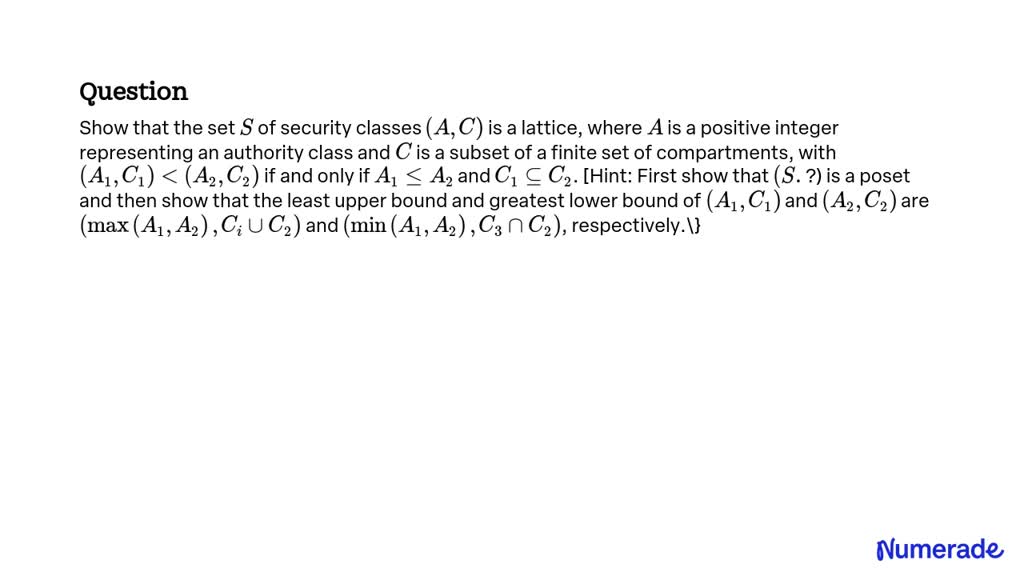Amazing Info About Is Class A Or C Better

2580 Business Class Flight Deals From Gdansk To United States
Class A vs. Class C
1. Understanding the Basics
Alright, let's dive into the world of RVs and figure out this whole "Class A versus Class C" thing. It's a common question, and frankly, it can be a little confusing at first. Think of it like choosing between a mansion and a cozy cottage; both offer shelter, but the experience is drastically different. Class A and Class C RVs both represent fantastic ways to travel, but they cater to different needs and preferences. Understanding those differences is key to making the right choice for your adventures.
The key consideration? Think about what you really want to do. Are you envisioning cross-country treks, living on the road full-time, or are you more of a weekend warrior type? Do you need tons of space for the whole family, or is it just you and maybe a furry companion? These are the questions that'll guide you. It's like figuring out if you need a pickup truck or a sporty coupe. Both are vehicles, but one is hauling lumber while the other is cruising down the coast.
Don't worry, we're not just throwing questions at you; we're going to break down the specifics of each class. We'll look at size, features, cost, and all the other things that matter. By the end of this, you'll be equipped to make an informed decision and avoid buyer's remorse. Nobody wants to end up with an RV that's either too much or not enough for their needs. It's like buying shoes that are either two sizes too big or painfully tight — you just won't wear them!
Consider this your friendly guide through the sometimes-intimidating world of RVs. We'll try to keep things light and relatable, because honestly, RV shopping should be fun! After all, you're planning adventures, not doing taxes. So, buckle up (metaphorically, of course; you're probably reading this on your couch), and let's get started!

What Are The Differences Between CLASS D, A/B And A
The Mighty Class A
2. Defining Features and What Makes Them Special
Class A RVs are the kings and queens of the RV world. Picture a bus, but way more luxurious. These rigs are built on a commercial bus chassis, or a purpose-built motorhome chassis. Think of it like this: they're not just modifying a truck; they're building from the ground up with RV living in mind. They're the big dogs, the top of the line, the ones that command attention when they roll into the campground. They're the penthouse suites on wheels.
What really sets them apart? Size is the obvious one. Class A RVs can range from about 25 feet to a whopping 45 feet long. That translates to a ton of interior space. You're talking full kitchens, spacious living areas, separate bedrooms, and often multiple bathrooms. Some even have features like fireplaces, washer/dryer combos, and entertainment centers that would make your home jealous. It's all about comfort and luxury on the road.
Engine-wise, these things are powerhouses. You'll find either gas or diesel engines under the hood (or in the rear, in some cases). Diesel engines, often referred to as "diesel pushers," are particularly common in larger Class A models. They offer incredible torque for climbing hills and towing vehicles, plus better fuel economy (relatively speaking, of course; we're still talking about large RVs). It's like comparing a powerful truck to a fuel-sipping hybrid — different tools for different jobs.
But all this luxury comes at a price. Class A RVs are the most expensive option on the market. You're paying for the size, the features, and the overall quality. Maintenance can also be pricier, given the larger engines and more complex systems. Think of it like owning a luxury car; the initial cost is high, and the upkeep can be substantial. However, for those who prioritize comfort and space above all else, a Class A RV is the ultimate way to travel.

The Versatile Class C
3. Finding the Sweet Spot Between Size and Functionality
Class C RVs are the middle ground, the Goldilocks option, if you will. They offer a good balance between size, features, and price. They're built on a cutaway van chassis — basically, a van cab and frame with the rest of the RV built onto it. The most recognizable feature? That over-cab sleeping area or storage space. It's the hallmark of a Class C, and it's a great way to maximize space in a smaller footprint. It's like having a bonus room in your house.
Size-wise, Class C RVs typically range from about 20 to 35 feet long. This makes them easier to maneuver and park than their larger Class A cousins. They're still plenty spacious inside, with a kitchen, bathroom, living area, and sleeping quarters. But they're not quite as sprawling as a Class A. Think of them as comfortable apartments on wheels. They're not mansions, but they're definitely not cramped studios either.
One of the big advantages of Class C RVs is their versatility. They're smaller and more fuel-efficient than Class As, making them better suited for shorter trips and exploring more remote areas. They're also easier to drive and park in cities and national parks. And because they're built on a van chassis, they often handle more like a regular vehicle. It's like having a reliable SUV that can also sleep four people.
Class C RVs tend to be more affordable than Class As, both in terms of initial purchase price and ongoing maintenance. This makes them a popular choice for families, couples, and solo travelers who want a comfortable and convenient way to travel without breaking the bank. They are the perfect blend of practicality and comfort, and allow you to embark on incredible trips without overspending or needing a special drivers license.

Cost Considerations
4. Analyzing the Financial Implications of Each Class
Let's talk money. The cost difference between Class A and Class C RVs is significant. Class A RVs, as we mentioned before, are the most expensive option. You can easily spend hundreds of thousands of dollars on a new Class A, especially if you're looking at high-end models with all the bells and whistles. Even used Class A RVs can command a hefty price tag. It's a major investment, akin to buying a second home. So, you need to plan accordingly.
Class C RVs, on the other hand, are generally more budget-friendly. You can find new Class C models for significantly less than a comparable Class A. Used Class C RVs are even more affordable, making them a great option for first-time RV buyers or those on a tighter budget. Think of it like buying a reliable sedan versus a luxury SUV — both will get you where you need to go, but one will leave a much bigger dent in your wallet.
But the initial purchase price is just one piece of the puzzle. You also need to consider ongoing expenses like fuel, insurance, maintenance, and storage. Class A RVs tend to have higher fuel costs due to their size and weight. Insurance rates are also typically higher for Class As. And maintenance can be more expensive, given the larger engines and more complex systems. It's like owning a boat; the initial cost is just the beginning.
Class C RVs are generally more economical to operate. They get better gas mileage, have lower insurance rates, and tend to require less maintenance. Storage costs can also be lower, as they take up less space. Think of it like comparing the cost of running a small apartment versus a large house — the smaller space is simply more efficient and less expensive to maintain. So, you should consider not just the upfront costs, but the long-term financial implications.

Making the Right Choice
5. Matching the RV to Your Travel Style
Ultimately, the "better" RV — Class A or Class C — depends entirely on your individual needs and lifestyle. There's no one-size-fits-all answer. The key is to carefully consider how you plan to use your RV and choose the option that best suits your travel style. It's like picking the right tool for the job; a hammer is great for nails, but not so much for screws.
If you're planning long-term travel or full-time RV living, a Class A RV might be the better choice. The extra space and luxury can make a big difference when you're living on the road for extended periods. Plus, the powerful engines and ample storage capacity are ideal for cross-country adventures. Think of it as setting up a comfortable home base that you can take with you wherever you go. Its all about making sure your lifestyle fits with a comfortable travel experience.
On the other hand, if you're primarily planning shorter trips or weekend getaways, a Class C RV might be a better fit. The smaller size and better fuel economy make it more practical for occasional use. And the lower price tag can make it more accessible for budget-conscious travelers. It's like having a cozy cabin that you can escape to whenever you need a break from the city. In that case, Class Cs advantages outweigh its cons.
Consider your driving preferences. Class A RVs can be intimidating to drive, especially for those with limited experience. Class C RVs are generally easier to handle, especially on narrow roads and in crowded campgrounds. But if you're comfortable driving a large vehicle, a Class A might not be an issue. It's like the difference between driving a small car and a large truck — it's all about personal preference and skill. Take test drives, talk to RV owners, and do your research. The perfect RV is out there waiting for you!
